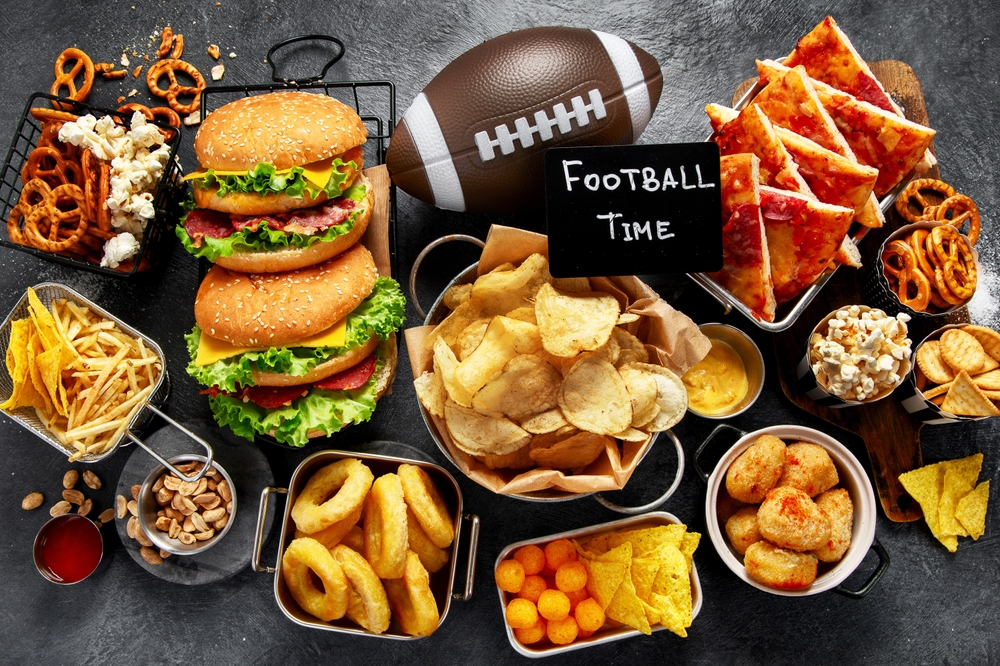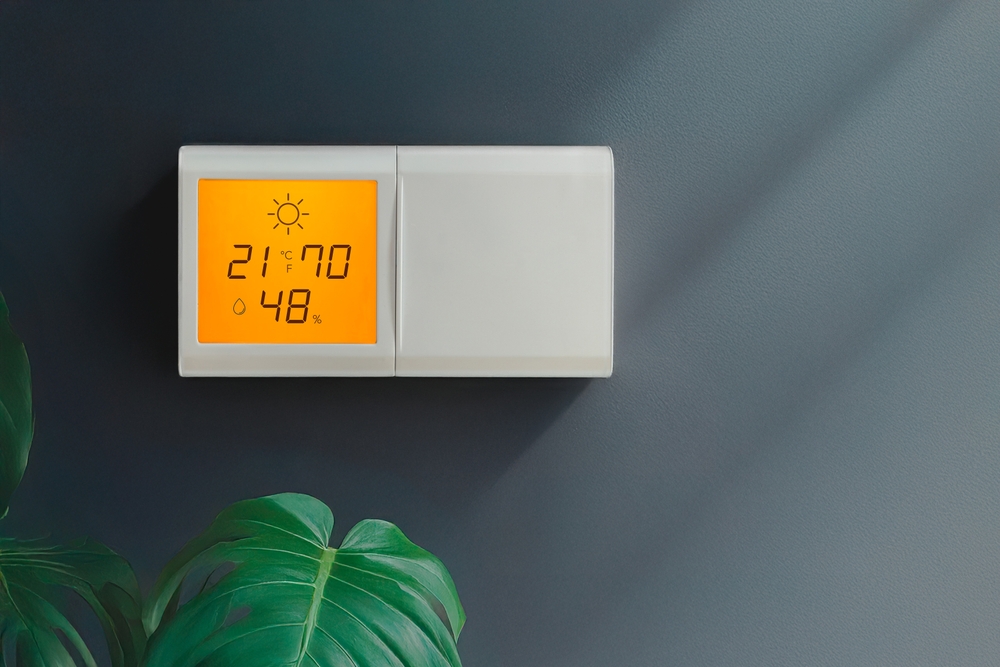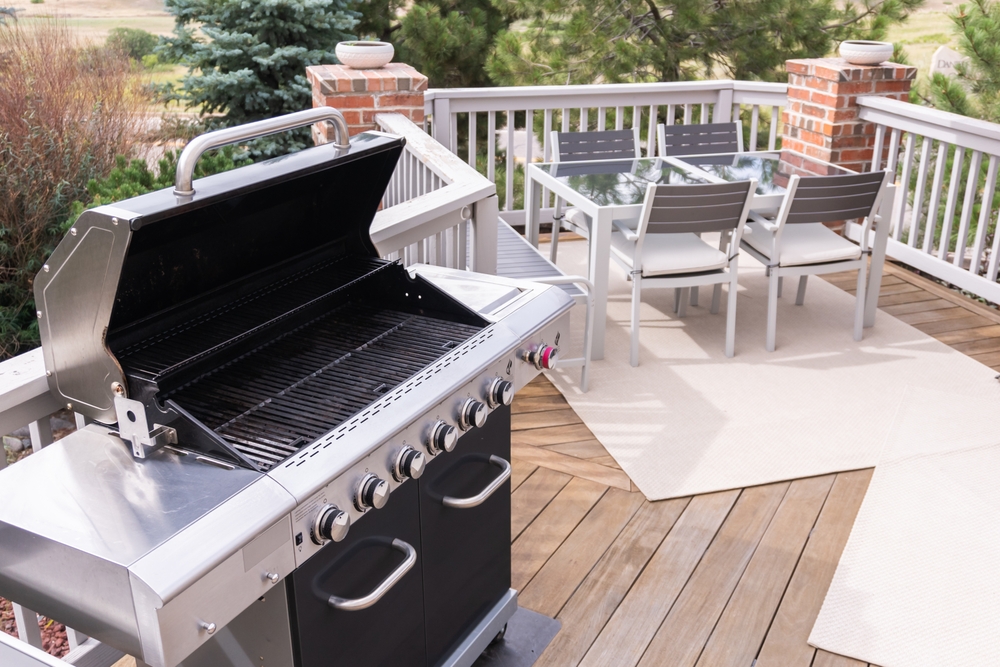The barbecue is that gadget revered during the warmer months and then abandoned like any other piece of junk. But inside, it accumulates burnt grease, invisible bacteria, and an aroma that—if left unchecked—will ruin any steak. Learning how to clean a grill properly prevents these issues and keeps your food tasting great all season long.
So you should make sure your grills are spotless and ready for great days with friends. If you clean it properly, you’ll make the food more delicious and avoid unwanted guests like rust. Whether you’re researching cleaning a grill, how to clean a barbecue grill, or even how to clean grill grates, the maids at Yorleny’s Cleaning Services give you simple steps to do it easily.
Why Proper Grill Cleaning Matters
How Grease and Food Residue Affect Flavor
Proper grill cleaning is essential for flavor, health, efficiency, and durability. Grease and burnt food residue negatively impact taste by creating smoke, bitter flavors, and a rancid aftertaste.
This applies to any setup, whether you’re learning how to clean a Blackstone griddle or exploring the best way to clean a grill. In addition to altering flavor, built-up dirt can breed bacteria, cause corrosion, and lead to uneven heat distribution, shortening the grill’s lifespan.
Impact on Safety and Hygiene
Proper grill cleaning is essential for hygiene and safety, as it prevents fire hazards caused by grease buildup, inhibits bacteria and pests, and ensures better-tasting food by removing burnt residue.
Furthermore, keeping it clean extends its lifespan by preventing deterioration. These principles are the same whether you’re maintaining a classic barbecue or researching how to clean a grill for regular backyard use.
Extending Your Grill’s Lifespan
Proper cleaning is crucial for extending the grill’s lifespan, as it prevents rust, deterioration, and the risk of fire from grease buildup. It also ensures more hygienic cooking, improves food flavor by removing burnt residue, and prevents bacterial growth.
Whether you’re checking how to clean grill grates or looking up the best way to clean a grill, maintaining a consistent routine—scraping after each use and storing it in a dry place—is key to durability and performance.
Best Tools and Supplies for Grill Cleaning
Wire Brushes and Scrapers
If you’re learning how to clean a grill, wire brushes with scrapers remain some of the most effective tools for deep cleaning. Although loose bristles can be a concern, safer substitutes include nylon brushes, chainmail scrubbers, and steam-cleaning tools.
Wood scrapers are also great because they gradually form a custom shape that fits your grill. Heavy-duty scouring pads help with quick spot cleaning and support anyone researching how to clean a barbecue grill safely and efficiently.
Cleaning Cloths and Degreasers
Cleaning becomes easier when you understand how to clean a grill using the right combination of chemical action and physical friction. Towels, brushes, and sponges help remove residue, while degreasers break down accumulated grease.
These products are essential whether you’re maintaining a small charcoal setup or learning how to clean grill grates as part of a regular cleaning routine.
Baking Soda, Gloves, and Safety Tips
A simple baking soda and vinegar paste is an effective, non-toxic method for anyone looking into how to clean a grill without harsh chemicals. Apply it with gloves, let it sit, scrub thoroughly, and rinse well. Always dry the grill completely to prevent rust and maintain cleanliness between uses.
Safety and Maintenance Tips
- Protect your hands: Wear grease- and heat-resistant gloves during the entire process of how to clean a grill.
- Work with a warm grill: Cleaning becomes easier when the grill is warm but not red hot.
- Prevent grease buildup: Regular cleaning prevents fires and improves cooking performance.
- Protect from rust: After you clean and dry the grill, apply a thin coat of vegetable oil to the grates.
- Clean the exterior: Part of knowing how to clean a grill is remembering that the exterior also needs maintenance.
Step-by-Step Guide: How to Clean Grill Grates and Surfaces
Gas and Propane Grills
Soften the Grease
After grilling, residue sticks stubbornly to the grates. A key step in how to clean a grill is reheating it to soften the grease. Turn the burners to maximum, close the lid, and wait 5 minutes so the residue loosens and becomes easier to remove.
Disconnect the Gas Cylinder
Even when the equipment is certified, safety comes first. Disconnecting the cylinder is standard procedure before any cleaning. Depending on your setup, brushes with hard bristles work best on tough deposits, while soft-bristled brushes protect more delicate parts during how to clean a grill.
Clean the Grates
These are the most challenging surfaces to clean. Apply degreaser and use an abrasive sponge without removing the grate. Once cool, remove and wash separately with a round brush to reach between bars. A quality degreaser removes stubborn grease and is ideal when detailing how to clean a grill efficiently and safely.
Clean the Interior Grease
Grease buildup does not always come off immediately. Scraping is essential. When cleaning burners, ensure the gas outlets remain unclogged. The drip tray accumulates the most residue and should be washed as frequently as the rest. Scrapers and degreasers help keep this part spotless, especially when mastering how to clean a grill at home.
Shine
Stainless steel is common in gas grills and needs protection. After cleaning, apply a stainless steel cleaner to maintain shine and prevent deterioration. This step extends the grill’s lifespan and supports a complete routine for how to clean a grill effectively.
Protect the Burners
Burners are delicate and prone to rust. Protect them by wrapping in aluminum foil between uses to keep them functioning for years.
Lubricate the Grill
Lubricating the grate with cooking oil after cleaning protects against rust and reduces future grease adhesion. Stainless steel cleaners remove dust and grease without scratching and help preserve the shine.
Cover the Grill
Use a grill cover to protect it from sunlight, moisture, and corrosion.
Charcoal Grills
The procedure is similar to the one mentioned previously, but since it’s a charcoal grill, certain details must be taken into account. When learning how to clean a grill, first let the grill cool completely, then remove the ashes and charcoal remains with a shovel.
Scrape and scrub the grates with a stiff brush and soapy water, then clean the inside and exterior of the grill with a degreaser or warm soapy water, and rinse thoroughly. For tough spots, try soaking the grates in a vinegar and baking soda solution overnight before scrubbing. This helps anyone focused on cleaning a grill effectively and safely.
Blackstone Griddles
Pre-Cleaning and Degreasing
Scrape and Heat
- Set the griddle’s temperature to medium-high.
- Gather your supplies: oil, water, paper towels, and a scraper while it heats up.
- All food scraps and residue should be pushed to the back or into the grease management system using the scraper.
If you’re exploring how to clean a grill and need a flat-top variation, this method also helps when learning how to clean a blackstone griddle properly.
Scrape and Steam
- To help lift stubborn food particles, add a tiny amount of water to the hot griddle to create steam.
- Continue moving the residue and soiled water to the back of the griddle with the scraper.
- Until the surface is clean, repeat the water and scraping procedure as necessary.
Post-Cleaning and Drying
Re-season and Dry
- After cleaning, dry the area using paper towels. To make sure all the moisture evaporates, keep the heat on for a few minutes.
- Coat the entire surface with a thin layer of cooking oil, such as avocado, vegetable, or olive oil.
- Make sure the surface is coated and has a light shine by spreading the oil with a paper towel.
- Before turning off the heat, let the oil smoke for a few minutes. This keeps the surface free of rust and ready for your next use, following the same principles of how to clean a grill
Maintaining Your Grill Between Uses
Preventing Grease Buildup
To prevent grease buildup, clean your grill after each use. If you’re learning how to clean a grill, use a wire brush to remove residue while it’s still warm, and empty the drip and ash trays.
If there’s stubborn grease, you can soak the grill in hot, soapy water or apply a paste of baking soda and vinegar before scrubbing. These steps also help you determine the best way to clean a grill based on your model and materials.
Preheating Techniques for Self-Cleaning
High heat is used in the “self-cleaning” action to convert grease and residual food particles into ash, which can be readily removed.
- Preheat on High: Close the cover of your grill after turning all of the burners to their highest setting. Give it ten to fifteen minutes to warm up. The grates are thoroughly cleaned by this high heat, which also removes any baked-on residue.
- Scrape While Warm: After turning off the grill, let it cool to a comfortable temperature. Scrape the grates well with a stiff, long-handled grill brush. It should be easy to remove the carbonized debris. An alternative to a brush is a crumpled ball of aluminum foil grasped with tongs.
- Wipe and Oil: After the grates are cool enough to handle safely, use tongs to wipe them down with a paper towel or rag dipped in cooking oil with a high smoke point (such as vegetable or canola oil). In addition to seasoning the grates to stop rust and potential sticking, this eliminates any leftover ash or brush hairs. It’s a simple step that matters when reviewing how to clean a grill the right way for long-term care.
Common Mistakes to Avoid When Cleaning Your Grill
Using Harsh Chemicals
Avoid using harsh chemicals like oven cleaners, bleach, or chlorine-based disinfectants because they can damage the grill’s coating, cause corrosion, and leave toxic residues that contaminate food. Instead, use gentler cleaning methods, such as grill-specific solutions, mild soap and water, or even natural remedies.
Avoid using harsh chemicals like oven cleaners, bleach, or chlorine-based disinfectants because they can damage the grill’s coating, cause corrosion, and leave toxic residues that contaminate food. Instead, use gentler cleaning methods, such as grill-specific solutions, mild soap and water, or even natural remedies.
Chemical residues can remain on the grates and transfer to food when reheated, which is a health hazard. Products like bleach or oven cleaners can corrode grill surfaces, shortening their lifespan.
In addition, there is also a risk of corroding the grill itself. Even stainless steel can rust with prolonged use or exposure to large quantities of products like chlorine or bleach.
Damaging Surfaces with Metal Brushes
A common mistake is using metal brushes because the bristles can come loose, end up in the food, and cause serious injury if ingested. Additionally, metal brushes can scratch and damage the grill surface, making it more susceptible to corrosion. It’s safer to use nylon bristle brushes or clean the grill with microfiber cloths.
Enjoy a Sparkling Grill Without the Hassle
Why Professional Grill Cleaning Makes a Difference
Learning how to clean a grill helps you maintain better flavor, reduce flare-ups, and extend the life of your BBQ. But even with regular care, grease, carbon buildup, and tough residue can be difficult to remove completely. Professional cleaning ensures every part of your grill gets the deep care it needs, leaving it safer, cleaner, and ready for your next Florida cookout.
Ready to Keep Your Grill in Top Shape? Contact Yorleny’s Cleaning Services
If even your best attempts at how to clean a grill still leave stubborn grime behind, Yorleny’s Cleaning Services can help. Our team provides reliable, detailed cleaning solutions that support a healthier and more enjoyable outdoor cooking experience for Florida homeowners.
Want a cleaner grill without the extra work? Contact us today to request a quote or learn more about professional cleaning options for your home.
FAQ: Grill Cleaning Tips
How Often Should I Clean My Grill?
A short cleaning of your grill is recommended after each usage, but a comprehensive clean is only required once or twice a year. To remove food particles, brush the grates while they are still warm. A deep clean should be performed at least once a year to fully clean the interior and exterior, but the frequency depends on your usage. These guidelines also help you understand how to clean a grill based on how frequently you cook.
Can I Use Vinegar or Baking Soda Safely?
Yes, vinegar and baking soda are safe to use to clean your grill because they are natural and excellent cleaning agents. Vinegar reduces grease, and baking soda acts as a soft abrasive to remove food residue and buildup. To use them, make a paste or spray, apply it to the grates, wait a few minutes for the combination to work, then scrub and rinse completely.
Best Cleaning Methods for Blackstone Griddles
The best way to clean a Blackstone griddle is in three steps: scrape, steam, and reseason. Scrape off food debris using a metal spatula, then use water to steam and scrub away any remaining residue. Wipe the surface dry and add a thin coat of oil to protect it.
Recent Articles

Super Bowl Cleaning Checklist: How to Prepare and Clean Your Home Before and After the Game
Super Bowl LX is almost here, and families in West Palm Beach are preparing to welcome friends and family for the biggest…

How to Check Humidity in Your Home: Simple Methods for Florida Households
Have you ever wondered how to check humidity in home? The truth is, nobody likes living in a damp house, especially in…

Superbowl After Party Cleaning: How to Clean Your Home Before and After the Big Game this 2026
The Super Bowl is just around the corner, and Superbowl after party cleaning becomes essential when hosting a viewing party at home.…
An overview of the areas we serve
See below to check if our top-quality house cleaning services are available in your city and book your first appointment with just a few clicks.
